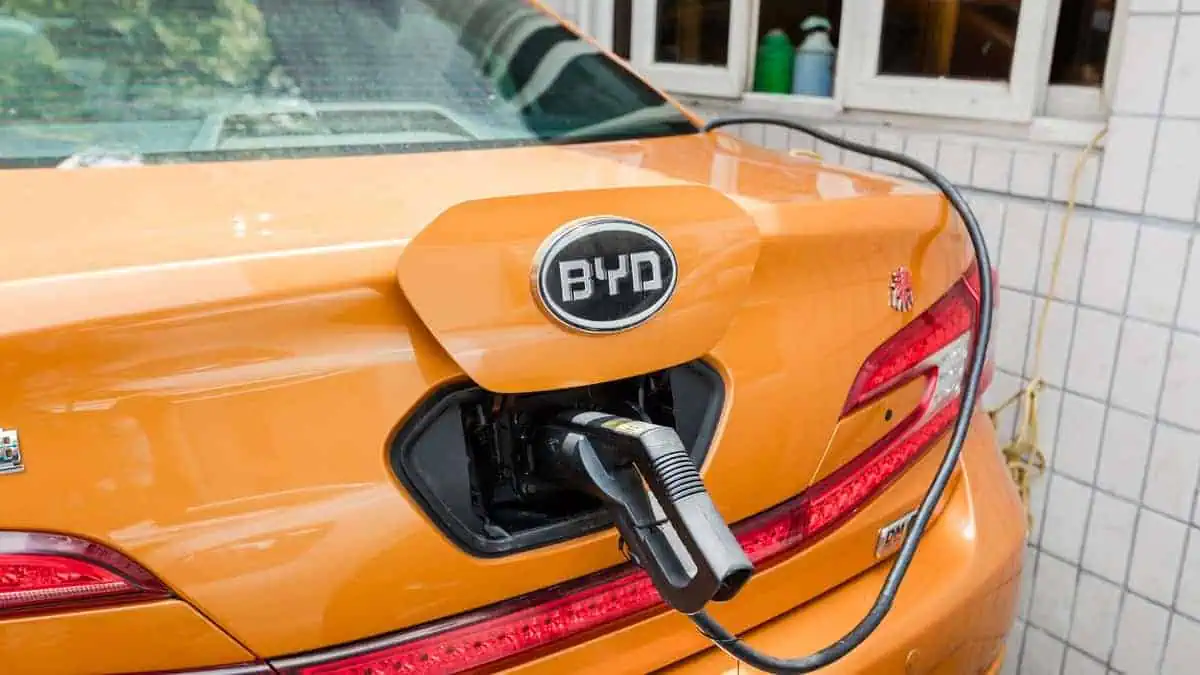Tesla has just reported an astounding 45% year-on-year decline in its net income in the second quarter of the year amid waning electric vehicle sales despite its promotional efforts like aggressive price cuts and low-interest financing.
Tesla’s key financial results
Tesla disclosed in its Q2 2024 Update on Tuesday that its net income dropped 45% YoY to $1.48 billion in the April to June 2024 period.
This figure represents a notable decline from the $2.7 billion Tesla recorded in the same period last year, marking the company’s second-consecutive quarterly drop in net income.
As for the total revenue, Tesla managed to hit a 2% YoY increase to $25.5 billion in the second quarter of the year. This result surpassed Wall Street expectations of $24.54 billion, FactSet reported.
Tesla generated 52 cents per share, excluding one-time items. It fell short of analysts’ 61 cents per share expectations.
In addition, Tesla’s widely watched gross profit margin recorded another drop to 18% in Q2 2024. In hindsight, Tesla’s gross profit margin was 18.2% last year and hit a record high at 29.1% in Q1 2022.
Tesla asserted that it successfully achieved record quarterly revenue “despite a difficult operating environment.” Tesla Energy enjoyed a twofold increase in revenue to over $3 billion compared to the same period in 2023.
Declining sales
Tesla’s electric vehicle sales faced a 4.8% decline to 443,956 units in the second quarter of the year from 466,140 units in Q2 2023.
While Tesla beat analysts’ expectations of 436,000 sales, this latest sales result indicates waning demand for the electric vehicle giant’s aging portfolio.
In H1 2024, Tesla’s global sales reached approximately 831,000 electric vehicles. This figure remains far from CEO Elon Musk’s target of over 1.8 million unit sales in FY 2024.
Affecting factors
While companies typically use price cuts and low-interest loans to boost demand, Tesla failed to achieve this goal primarily due to the challenging economic climate.
For instance, even with aggressive price cuts, Tesla EVs remain in the luxury segment. With rapidly increasing inflation and potential recessionary apprehensions, buyers might delay their car purchases to focus on more crucial expenses.
In addition, affordability goes beyond just the sticker price. Rising interest rates could make the monthly loan costs for Tesla cars less attractive to budget-conscious buyers, even with low-interest deals.
Tesla shares declined approximately 8% in trading after the closing bell on Tuesday. Its shares had plunged over 40% earlier in the year but have since recuperated most of the losses.






